The Lost Art of Personal Responsibility
If I could snap my fingers and my kids automatically know, understand and live a certain principle, it would probably be the idea of personal responsibility, followed closely by the desire to clean-up after oneself.
My children range in age from 11 to one and a half. I always knew I wanted at least three kids, and while I knew that kids don’t always get along, I’m not sure I anticipated just how much or how often they wouldn’t get along. And it always seems to play out that they are getting along the best at times when it’s not convenient. Like at five in the morning. Or in the middle of the toy section at Target.
The thing that really gets me though is when their reasoning for something they did is “they made me mad,” implying that the disobedience on their part is a direct result of the other person. “I hit him because he took the toy away,” or “I called her a name because she rolled her eyes at me.” That doesn’t fly in our house.
It is encouraging to know my kids aren’t the only ones that struggle to understand the concept of personal responsibility. Each time The EDGE offers a program, we talk to our students about what we refer to as the 100 Percent Rule. It’s a pretty easy concept to understand, but not always as easy to put into practice. The idea of the 100 Percent Rule is that each person is 100 percent responsible for what they say and do. It’s that simple. And it’s what my kids can’t seem to understand.
“You are 100-percent responsible for what you think, say and do.”
It’s really just a matter of adjusting our mindset and the way we use words. “The teacher failed me,” is not an accurate portrayal of what led up to the failed class. Instead, the failing grade was a result of not paying attention, not taking notes, not studying and not being prepared. Those are all decisions that the student made that resulted in receiving the failing grade. The student didn’t fail because of the teacher assigning a grade. The student failed as a result of their own choices.
It’s so easy to pass the blame. It’s so easy to want to protect ourselves and instead throw someone else to the dogs. Because to take personal responsibility for our actions means we are admitting that we don’t have it all together. Or that we lack self-control. Or even that we are entitled to certain behaviors because of other people.
I’m not saying that the actions of other people don’t affect us. Of course they do! That’s another concept we present in The EDGE program. Your decisions don’t just affect you, but they affect other people as well. But regardless of what people say or do to us, it is entirely our decision how we respond to them. It is our decision if we will let the words of others keep us down or instead, spur us on to even greater things.
I am where I am in life because of decisions I have made. And while yes, other people’s decisions do affect me, I get to choose how I respond to them. Am I going to let anger or frustration get the best of me, or am I going to choose something different? Am I going to choose to respond in a way that is constructive rather than in a way that is destructive to me or another person?
I want my kids to realize that their circumstances are a result of their decisions. I want them to realize that it isn’t my job to know where their left tennis shoe is, or it isn’t their teacher’s responsibility to remind them of a project that is due. And while I will offer reminders, call me a bad mom, but if they forget a water bottle for gymnastics class, that’s on them. Helping them to realize these things now will hopefully create adults who take responsibility for their missteps in life. If I continually fill in the gaps for them, they will never learn how to do that on their own.
But, as most things, this is definitely a two-way street. I am responsible for how I respond when my kids are acting like kids. They learn a lot from watching me. And if I’m not taking personal responsibility and I choose words of actions out of frustration with their responses to things, I’m only serving to reinforce a lack of personal responsibility. And while I’m not perfect and I do fall short, the 100 Percent Rule applies to me to, too.

